

My grandfather was born on a farm in the American West.
This was during WW1. No phone, no cars, no electricity, no indoor toilet. Today we’d describe it as “third-world conditions."
One day you’re a kid plowing a field behind an ox, then you’re cruising 40,000 feet above the Arctic Ocean piloting a killing machine with the power to vaporize cities.
He was one of 10 kids. Somehow he and all his siblings made it to adulthood.
He was tap dancer. Worked in vaudeville (which means he opened for a stripper). That's how he paid for college during the Depression. First member of the family to go.
He was a pilot in the war. Learned to fly, operate radios — skills that barely existed before he was born.
After the war he got married and started a family. He worked as a stockbroker for a time, but his old boss asked him to come back during the Berlin Airlift. So he joined the U.S. Air Force.
Eventually he went back to school and got a master's in international relations. For a time he worked for the NSC in the Eisenhower White House. He wrote the president’s daily intelligence brief. He was very proud of that.
Mostly he was stationed in Europe. That's where my mom mostly grew up. Earning U.S. dollars in postwar Europe made for a good lifestyle. Servants, vacations on the French Riviera, nice things.
He ended his career flying B-52s for Strategic Air Command.
The 20th century was an odd time. One day you’re a kid plowing a field behind an ox, then you’re cruising 40,000 feet above the Arctic Ocean piloting a killing machine with the power to vaporize cities.
I became his caretaker at the end of his life. He was 101 years old. His doctors were amazed he was still alive.
He’d outlived his wife, outlived three out of four children, and outlived most of his siblings. But he kept hanging on. And nobody could figure out why.
He kept asking to go home, near the farm where he grew up.
I didn't want him to go, because there was no one there to take care of him. No close family. I didn't want to put him in a nursing home in another state.
But he kept insisting. So finally I relented. I found a nursing home that would take him.
He was too frail for the drive, so we got an air ambulance. It was a little Learjet. I went with him.
The pilots asked if he was a vet. I told them that he was indeed, that he was a retired colonel.
Both the pilots were Air Force Reserve. The addressed him as Colonel. Gave him a salute. He was weak, but he saluted back.
He had tachycardia by that point. His resting pulse was typically about 130. But as we took off, his pulse came down to the 70s. It hadn't been that low in years.
He felt at home in the sky. Flying was something he could only dream about when he was a kid. He was relaxed and calm, and he slept.
We made it to the assisted living facility in his home state. I got him settled in his room, met the nurses, then walked down the street to grab a fast-food dinner.
I came back an hour later, and he was dead. He wanted to come home to die, and that's what he did.
Our grandparents lived in a world of what must have been mind-boggling change. But it was also a world of opportunity, where a poor farm kid could grow up to fly jets and have European servants and work in the White House.
That world is gone, and it's not coming back. The question is what we will build in its place.
.png)
 3 hours ago
2
3 hours ago
2

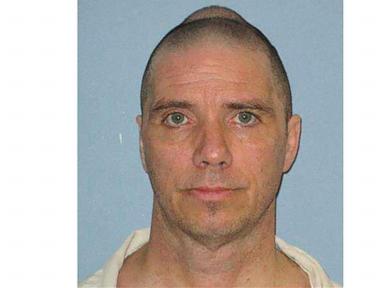



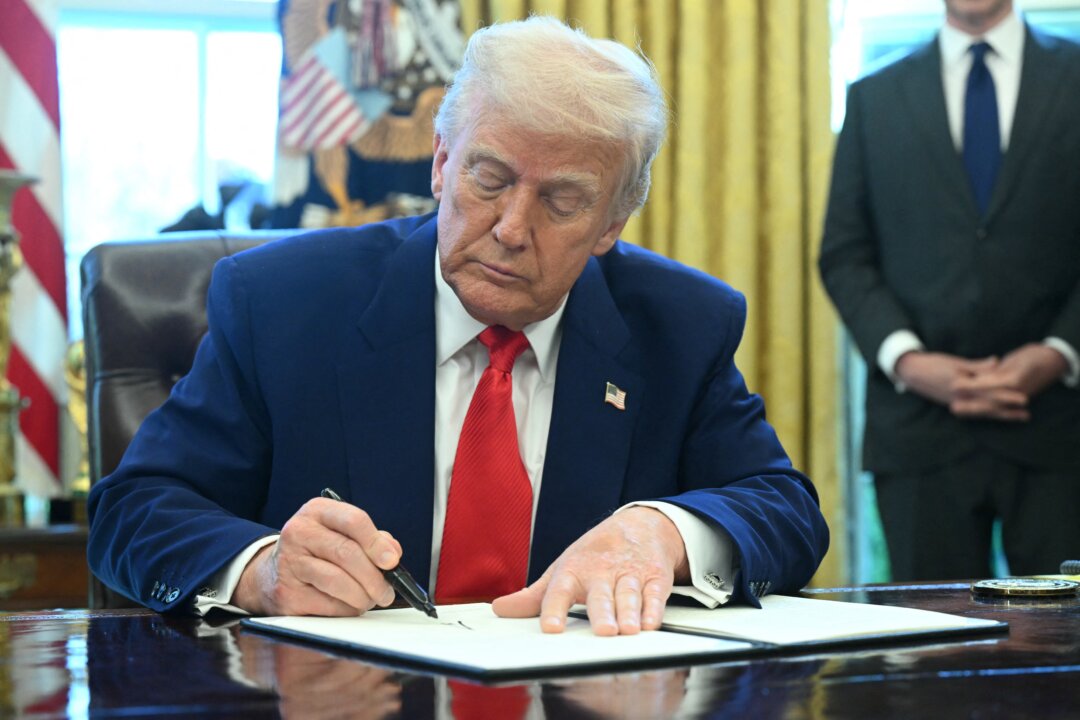

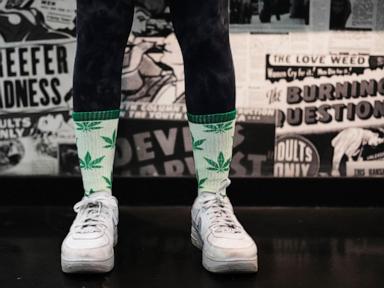


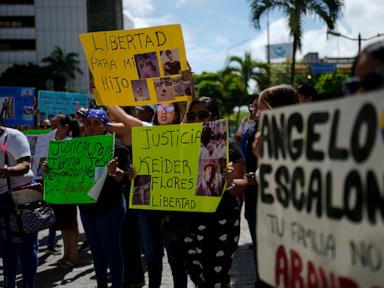


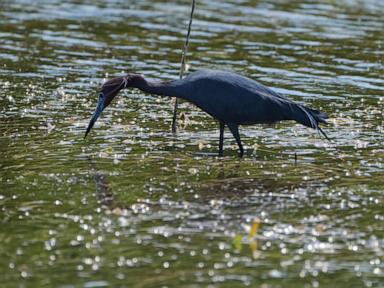
 English (US)
English (US)